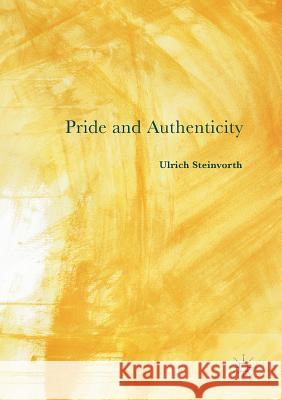Pride and Authenticity » książka
topmenu
Pride and Authenticity
ISBN-13: 9783319816807 / Angielski / Miękka / 2018 / 243 str.
Pride and Authenticity
ISBN-13: 9783319816807 / Angielski / Miękka / 2018 / 243 str.
cena 194,97 zł
(netto: 185,69 VAT: 5%)
Najniższa cena z 30 dni: 192,74 zł
(netto: 185,69 VAT: 5%)
Najniższa cena z 30 dni: 192,74 zł
Termin realizacji zamówienia:
ok. 20 dni roboczych.
ok. 20 dni roboczych.
Darmowa dostawa!
Kategorie BISAC:
Wydawca:
Palgrave MacMillan
Język:
Angielski
ISBN-13:
9783319816807
Rok wydania:
2018
Wydanie:
Softcover Repri
Ilość stron:
243
Waga:
0.30 kg
Wymiary:
21.01 x 14.81 x 1.35
Oprawa:
Miękka
Wolumenów:
01
Dodatkowe informacje:
Wydanie ilustrowane











